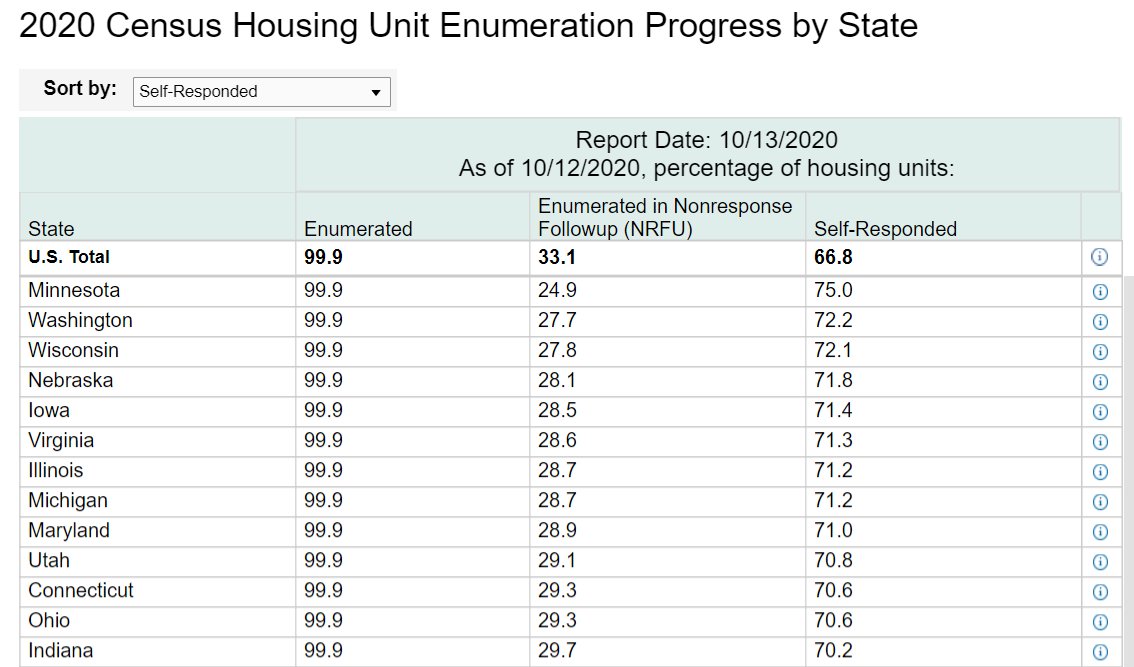
I finally read the article this is based on and … it says that it's not at all clear yet how many of the excess deaths not attributed to Covid-19 are Covid deaths that were misattributed or really the result of other causes
https://twitter.com/SWAtlasHoover/status/1323265995369230340
"Deaths from circulatory diseases, Alzheimer disease and dementia, and respiratory diseases have increased in 2020 relative to past years, and it is unclear to what extent these represent misclassified COVID-19 deaths or deaths indirectly related to the pandemic"
Scott Atlas: He can read an X-ray, but apparently not a scientific-journal article
When looking at mortality by state @lymanstoneky has found that states with (1) strict lockdowns and (2) few reported Covid deaths generally didn't have excess deaths, which implies that most non-Covid excess deaths elsewhere were probably … Covid deaths
https://twitter.com/lymanstoneky/status/1291781994691559424
I don't dispute that people not getting medical treatment or checkups during the pandemic will result in deaths, but (1) that's going to show up in the mortality data over years not weeks and (2) you can't really blame it on lockdowns. The doctors' offices are open!
• • •
Missing some Tweet in this thread? You can try to
force a refresh












